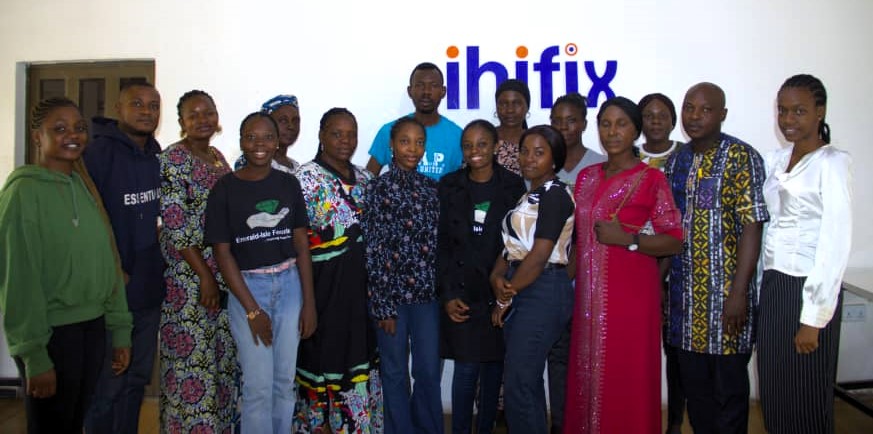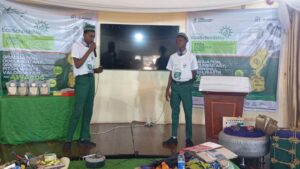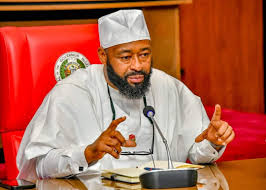Foundation trains media officers, filmmakers, content creators on educational impact
By Veronica Dariya
World Changers Media International Foundation, an NGO, has trained more than 25 media officers and content creators on production of impactful educational stories and documentaries for humanity.
Dr Janice Collins, the Chief Executive Officer of the foundation, urged participants at the Abuja workshop to create narratives with lasting positive difference.
Collins, also the Director, Institute of International Journalism at the E.W. Scripps School of Journalism, Ohio University, USA, advised content creators to ground their stories on truth and facts
The News Agency of Nigeria (NAN) reports that the workshop was organised in collaboration with the African International Documentary and Festival Foundation (AFIDFF), for filmmakers and producers.
She emphasised that storytelling should drive social responsibility, spark social change, and deepen audience connection with key social issues.
“We must be able to humanise our stories by bringing attention to an element that is affecting society in order to bring about a positive change.
“Do not forget to enforce your professional ethics and conduct as a journalist or storyteller; seek the truth and report it, minimise harm, be accountable and transparent,” Collins said.
She mentioned that with a creative strategy, business acumen, and diverse funding can generate sustainable income from storyteller and documentary production.
Her foundation, she noted, is committed to empowering media professionals to create positive change, amplify marginalised voices, and improve the lives of the most vulnerable.
She said that her team worked to support and creates platforms for voices and stories that need to be heard and be included in the global narrative.
In her remarks, the Director-General, AFIDFF, Mrs Malame Mangzha, told NAN that the workshop targeted public relations and media officers from partner organisations of the foundation.
She said: “We picked our participants from media departments of organisations we have been working in partnership with for the past few years.
“We deemed it fit and important to empower these officers and our new generation content creators, to create contents that could drive impact in communities and the society at large.
“While they could also be generating income in the process. However, our expectation at the end of the day is to see them tell their own stories with their own voices, in their own narratives.”
Mangzha also said that the two-day interactive workshop was designed to equip participants with practical skills in creative storytelling and production.
She added that it would include hands-on training, collaborative exercises, and real-time feedback to help participants’ crafts and expand their creative vision.
NAN reports that participants at the workshop included personnel from various organisation such as the National Commission for Museums and Monument, National Troupe of Nigeria, National Park Services.
Also present at the event are, National Film and Video Censor Board, social media content producers among others. (NAN)
Edited by Dorcas Jonah/Halima Sheji








 She restated the need for commitment to ensuring environmental sustainability,
She restated the need for commitment to ensuring environmental sustainability, On his part, Dr Gaji Tajudeen, Permanent Secretary Ministry of Environment and Water Resources, represented by Mrs Bolaji Badru, commended the foundation’s efforts in training the children.
On his part, Dr Gaji Tajudeen, Permanent Secretary Ministry of Environment and Water Resources, represented by Mrs Bolaji Badru, commended the foundation’s efforts in training the children.



